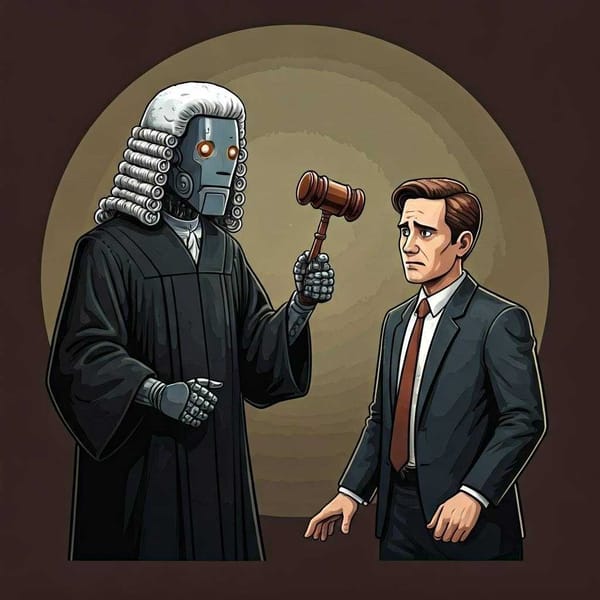Latin America is experiencing a second progressive wave
Petro's victory in Colombia is the result of mobilizations that showed the weariness of a society that has suffered authoritarianism and violence by the State. It opens a space to resume regional integration and cooperation initiatives.





